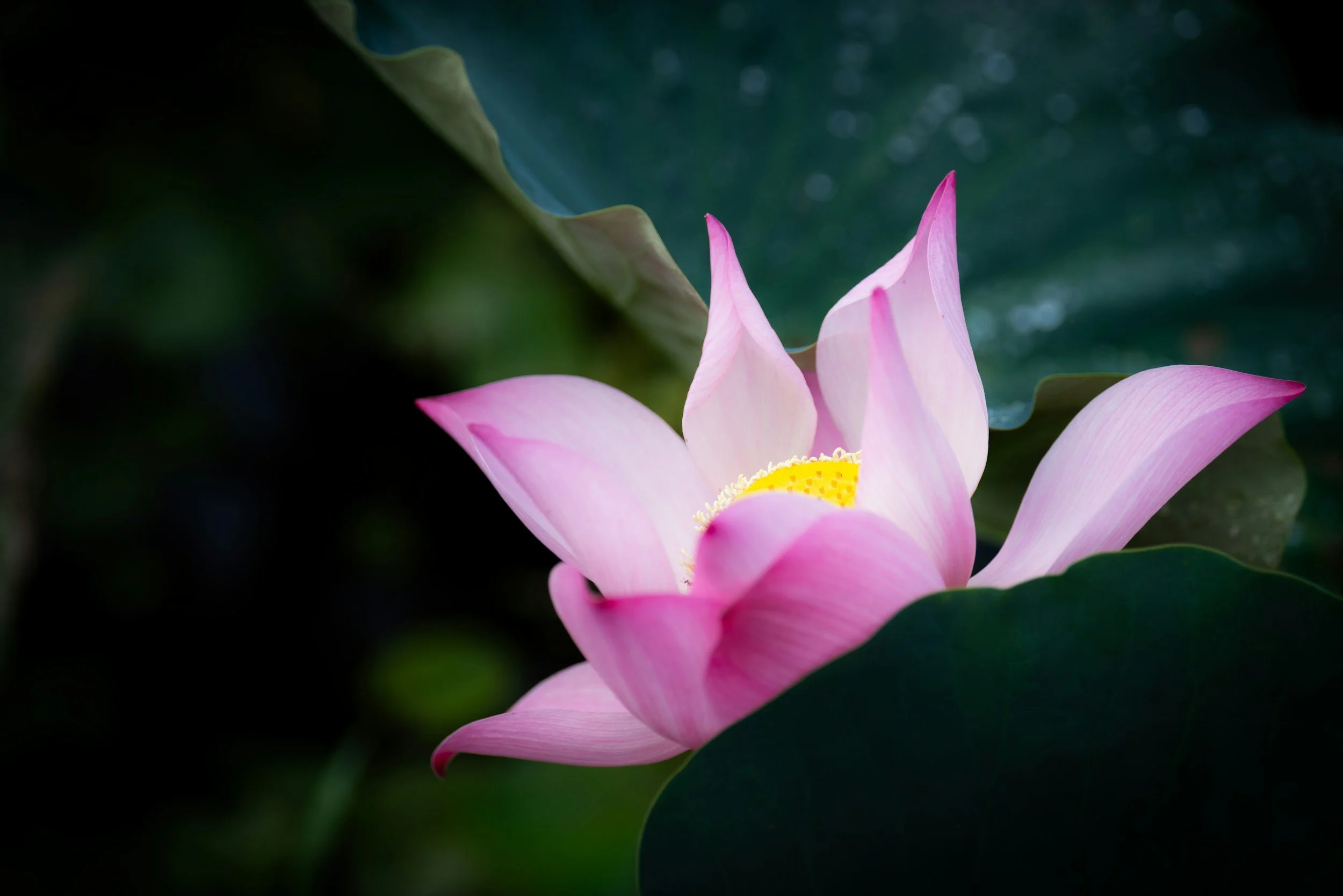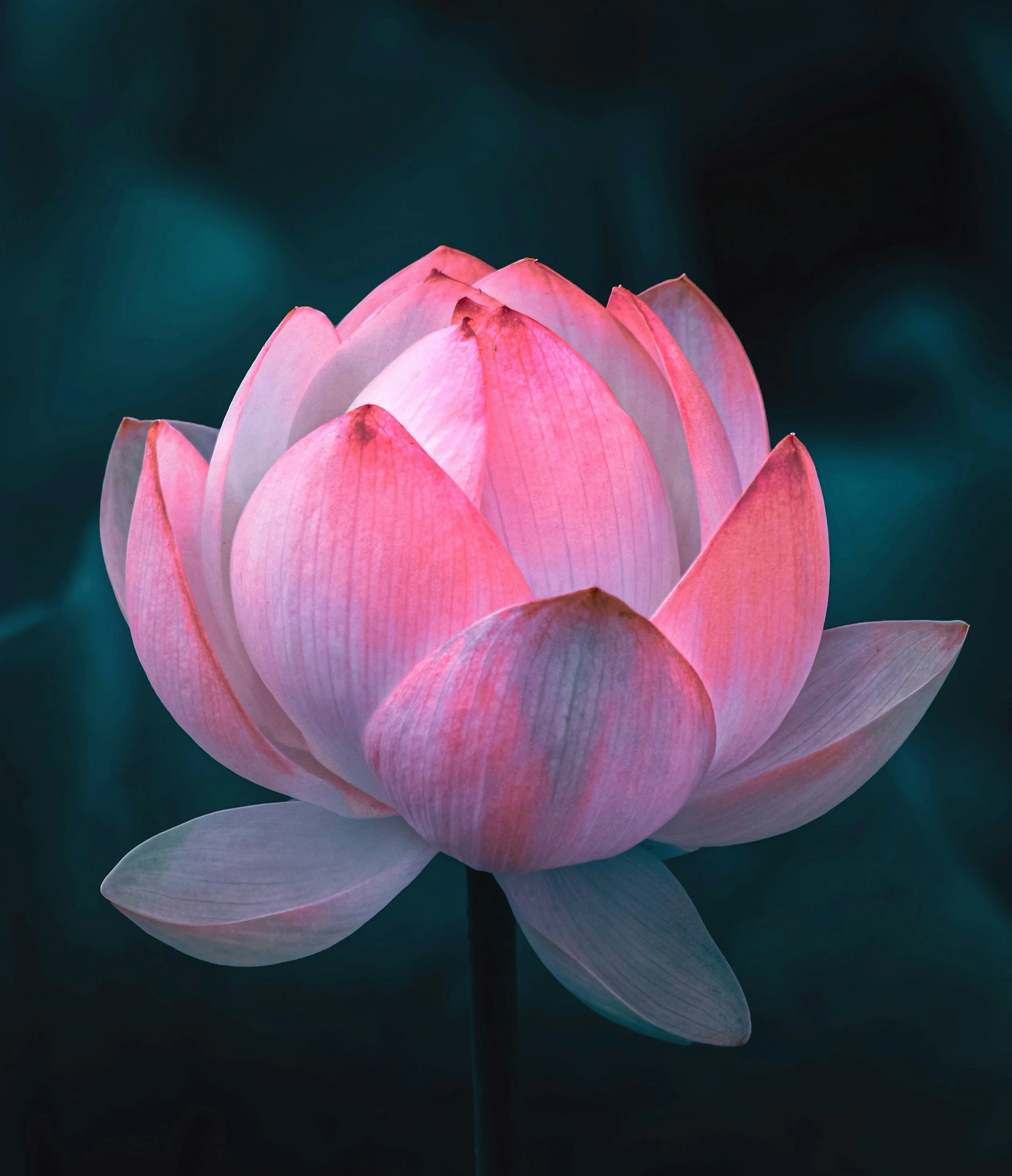Heart Presence Meditation™
Heart Presence Meditation™ is a trauma-sensitive, heart-centered practice that combines focused attention, mantra, guided imagery, and mindfulness to foster deep inner alignment and emotional regulation. This practice is rooted in the understanding that the heart, breath, and nervous system are intimately connected, and that cultivating conscious presence in these areas supports both mental and physiological balance.
In Heart Presence Meditation™, the breath serves as an anchor, helping regulate the autonomic nervous system and calm the fight-or-flight response. Focusing on the heartbeat or chest sensations can stimulate heart coherence, a state in which the heart rhythm becomes smooth and synchronized, promoting emotional stability, clarity, and resilience.
Research shows that heart-brain coherence enhances self-regulation, reduces stress hormones, and strengthens the connection between the prefrontal cortex (our reasoning center) and the limbic system (our emotional center).
Guided visualizations access the imaginal and intuitive mind, allowing practitioners to safely explore inner experiences, resolve emotional blocks, and cultivate compassion toward themselves and others. By combining focus, imagery, mantra, and heart-centered awareness, this practice integrates body, mind, and spirit, helping people feel grounded in the present while connected to inner wisdom and soul guidance.
Heart Presence Meditation™ is not about emptying the mind; it is about coming home to yourself—feeling safe in your body, compassionate toward your emotions, and aligned with your inner truth. Over time, it strengthens self-awareness, emotional resilience, and the capacity to respond rather than react, creating a foundation for lasting healing and transformation.
The Bardos
The Tibetan Buddhist teaching of the Bardos—the transitional states between life, death, and rebirth—offers a lens for understanding all moments of change and uncertainty. These “in-between” states appear in every life transition, from endings to beginnings, moments of loss, or periods of transformation.
Heart Presence Meditation™ provides a trauma-sensitive way to navigate these Bardos. By cultivating mindful awareness of the heart, breath, and body, we can observe thoughts, emotions, and patterns without judgment—just as the Bardos invite us to witness the mind with clarity and compassion. Transitions become opportunities for insight, growth, and emotional integration.
The breath acts as an anchor, calming the nervous system and fostering heart coherence—a state of emotional stability and clarity. Focusing on the heartbeat and chest sensations helps us stay grounded amid fear, grief, or confusion. Guided imagery and heart-centered awareness bridge to the imaginal and intuitive mind, supporting reflection, self-compassion, and integration of difficult experiences.
By combining the wisdom of the Bardos with Heart Presence Meditation™, we move fluidly through endings and beginnings, approaching life’s changes with presence and compassion. Each transitional moment becomes a doorway to self-understanding, emotional resilience, and connection to inner guidance.
Meditation is an Ancient, Timeless Practice
Meditation is an ancient practice spanning thousands of years and multiple cultures, rooted in the human desire for inner peace, clarity, and connection. Its origins can be traced to early spiritual traditions in India, China, and the Middle East, where it was used for self-realization, contemplation, and union with the divine.
In India, practices like Vipassana and Yoga meditation focused on mindfulness, concentration, and inner observation. In China, Daoist and Confucian traditions emphasized breath, movement, and harmony with nature, while in Japan, Zen Buddhism developed seated meditation (zazen) to cultivate awareness and insight.
Buddhism more broadly fostered practices to develop mindfulness, compassion, and liberation from suffering. In modern times, Transcendental Meditation (TM) emerged from Vedic traditions, using mantras to promote deep relaxation, expanded awareness, and inner calm.
Across these traditions, meditation has served to quiet the mind, explore consciousness, and strengthen the connection between body, mind, and spirit.
Some common types of meditation include:
Mindfulness: Observing thoughts, emotions, and sensations without judgment.
Focus/Concentration: Anchoring attention on the breath, a mantra, or an object.
Heart/Compassion: Cultivating love, kindness, and empathy for self and others.
Guided Visualization: Using imagination to explore inner landscapes and heal.
Movement-Based: Mindfulness through motion, like walking, Tai Chi, or yoga.
Mantra/Transcendental: Repeating sounds or mantras to quiet the mind.



